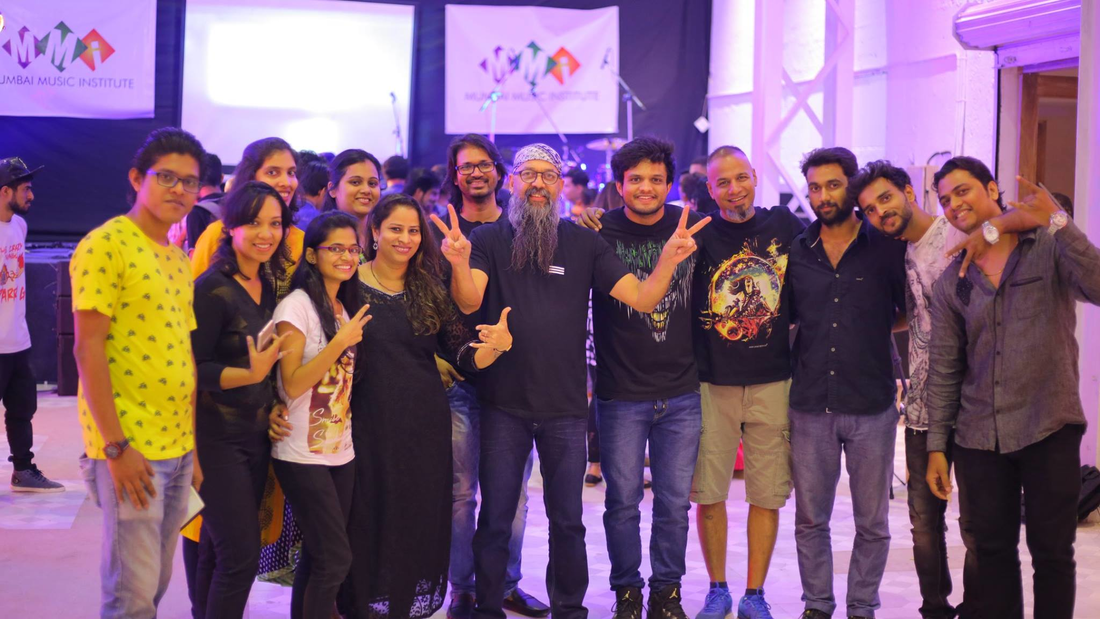
In the dynamic landscape of music education in Hong Kong, the incorporation of experiential learning programs has emerged as a transformative force. This case study explores the inherent value of experiential learning in music performance Hong Kong, shedding light on how these programs contribute to the holistic development of aspiring musicians in the vibrant city.
Context:
Hong Kong, known for its rich cultural tapestry and thriving arts scene, has seen a surge in the demand for high-quality music education. In response to this, music performance institutions have increasingly turned to experiential learning programs to enrich the educational experience and better prepare students for the challenges of the professional music world.
Key Components of Experiential Learning Programs:
- Live Performances and Concerts:
Experiential learning programs often include opportunities for students to participate in live performances and concerts. These events provide a platform for students to showcase their talent, gain stage experience, and connect with diverse audiences.
- Collaborative Projects with Industry Professionals:
Engaging students in collaborative projects with industry professionals exposes them to real-world scenarios. Working alongside established musicians, producers, and composers offers invaluable insights into the industry, fostering networking opportunities and mentorship.
- Recording Studio Sessions:
Experiential learning extends to recording studio sessions, allowing students to understand the intricacies of the recording process. Hands-on experience in a studio environment enhances technical skills, promotes adaptability, and prepares students for careers in recording and production.

- Music Festivals and Competitions:
Participation in music festivals and competitions is a common component of experiential learning programs. These events challenge students to push their boundaries, receive constructive feedback from professionals, and build resilience in the face of performance pressure.
Inherent Value of Experiential Learning:
- Skill Development Beyond the Classroom:
Experiential learning goes beyond traditional classroom instruction, offering students opportunities to apply theoretical knowledge in practical settings. This hands-on approach accelerates skill development in areas such as stage presence, improvisation, and audience interaction.
- Building Confidence and Resilience:
Live performances and competitions foster a sense of confidence and resilience among students. Facing live audiences and receiving feedback in real-time helps build the mental fortitude necessary for a successful career in music performance.
- Industry-Relevant Exposure:
Collaborative projects with industry professionals provide students with exposure to current trends, industry standards, and professional expectations. This exposure ensures that students are well-prepared for the realities of the music profession upon graduation.
- Networking Opportunities:
Experiential learning programs create numerous networking opportunities for students. Engaging with industry professionals and participating in events allows students to establish connections that can be instrumental in their future careers.
- Success Stories:
Highlighting success stories of students who have benefitted from experiential learning programs demonstrates the tangible impact on their personal and professional growth. These stories serve as inspiration for current and prospective students, showcasing the real-world applicability of their education.
Conclusion:
The value of experiential learning programs inmusic performance education Hong Kong is profound. These programs not only bridge the gap between academic learning and real-world application but also empower students with the skills, confidence, and industry exposure needed for success in the competitive field of music performance. As music institutions continue to embrace experiential learning, they play a pivotal role in shaping the next generation of musicians who are not only technically proficient but also resilient, confident, and well-connected in the professional music landscape of Hong Kong.








